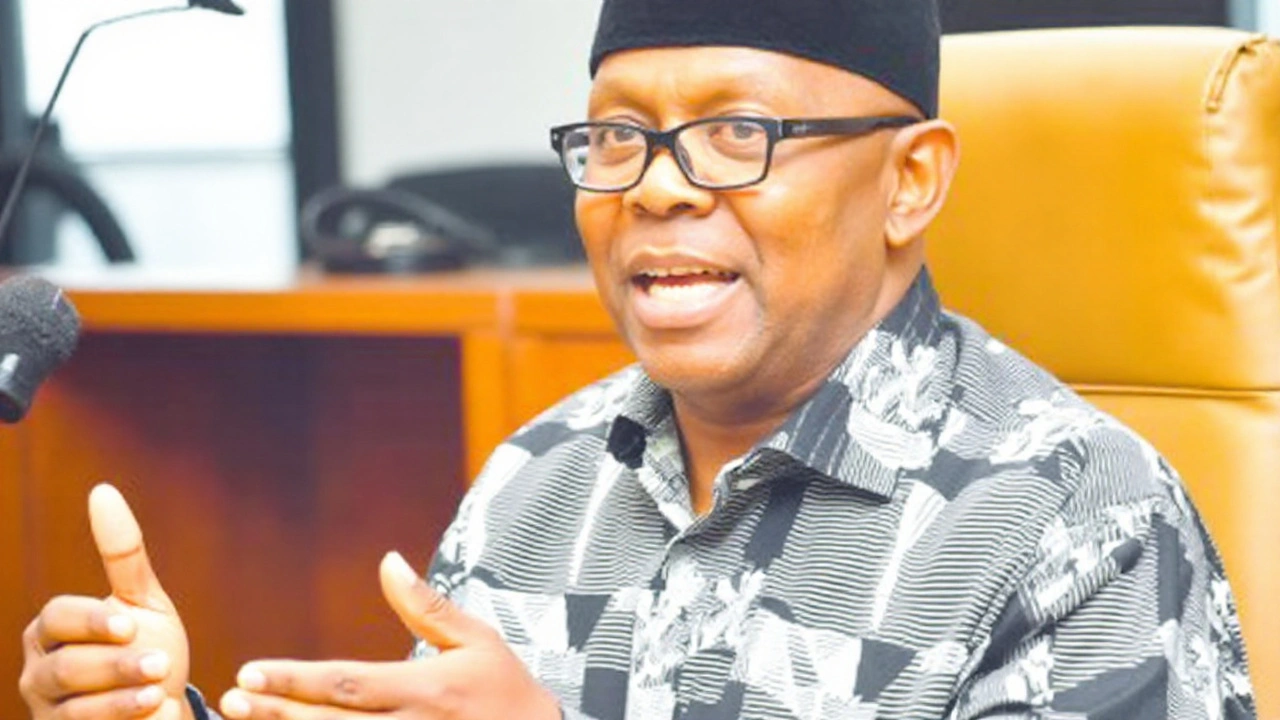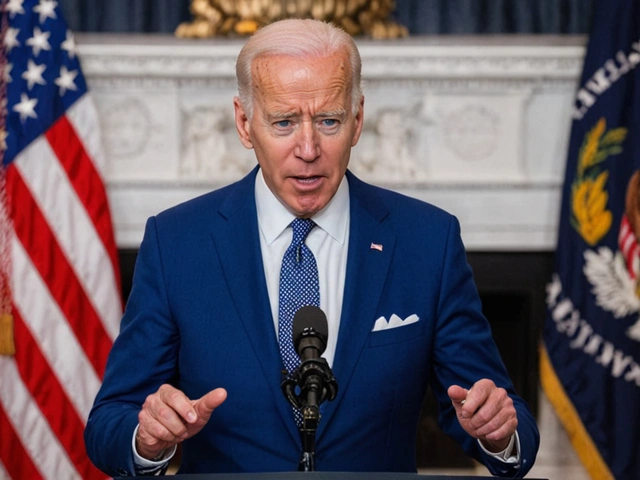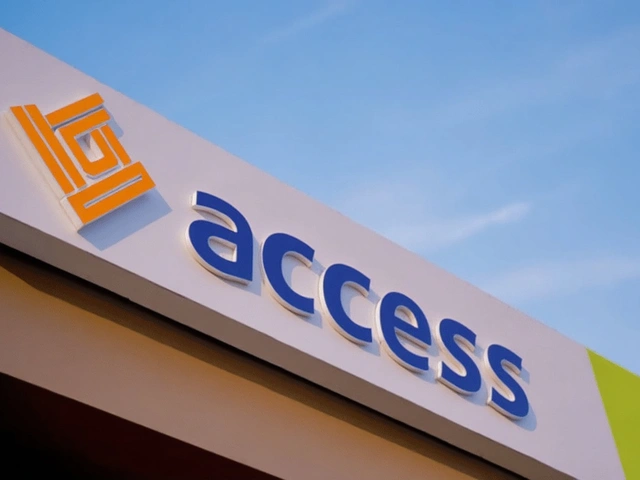What changed, who it affects, and why the timing stings
One government document can now cost more than a worker’s monthly pay. From September 1, 2025, Nigerians applying for passports inside the country will pay ₦100,000 for a 32-page booklet (five-year validity) and ₦200,000 for a 64-page booklet (10-year validity). Fees for Nigerians abroad stay at $150 and $230. The announcement landed with a thud in a tough economy—and the backlash was immediate.
Peter Obi, Labour Party’s 2023 presidential candidate and former Anambra governor, called the move a fresh burden on people already stretched thin. He pointed out this is the third adjustment in two years, following a prior review on September 1, 2024. His core message: if the new price of a single passport is higher than the ₦70,000 minimum wage, many citizens will simply be locked out of a basic state service.
The Nigeria Immigration Service (NIS) says the higher rates are meant to maintain production standards, security features, and service quality. Modern passports are not ordinary booklets: they contain polycarbonate data pages, laser engraving, biometric chips for some versions, and must meet ICAO security standards. Those inputs cost money, and the NIS argues that the old pricing left the service underwater.
Still, the sticker shock is real. The five-year passport has effectively tripled for local applicants in two years by critics’ count, and the 10-year version has doubled. For a family of four, the math is blunt: obtaining passports could cost several months of combined income, before counting transport, processing, and time off work.
The pricing gap between domestic and foreign applications adds another flashpoint. Why should a Nigerian in Lagos pay ₦100,000 for the 32-page booklet when the same document from a mission abroad costs $150? Without a stable exchange rate reference, people see a mismatch that feels unfair. For many, flying out just to apply is not an option—it defeats the point.
Obi’s critique also taps into a wider fear: costs of essential services keep climbing faster than incomes. Wages are thin, transport is pricier, food and rent take a bigger bite, and now a key identity document, often needed for education and work opportunities, has moved beyond reach for a large group of citizens.
Global comparisons tell part of the story. In the United States, an adult passport book typically costs around $165 for a first-time applicant. In the United Kingdom, an adult standard passport applied for online costs about £88.50. Those countries have much higher average wages, so the fee-to-income ratio is not as punishing. In Nigeria, the new pricing collides head-on with lower earnings and fewer safety nets.
For students planning to start school abroad, skilled workers with job offers, or families managing medical travel, a higher fee can delay or derail plans. Many applicants already plan around appointment backlogs, documentation checks, and the costs of standardized tests and visas. A steeper passport price sits right at the start of that chain and can be the point where plans fall apart.
The NIS insists the upgrade will help stabilize supply, shorten waiting times, and sustain the enhanced booklets. Nigeria has made strides rolling out the e-passport, linking applications to the National Identity Number (NIN), and digitizing part of the process. Those steps were meant to cut fraud, reduce middlemen, and move more demand online. But people usually judge reforms by what they pay and how long they wait—so the fee jump will be a hard sell unless service clearly improves.
There’s a governance angle too. Fees like this are typically set by the Ministry of Interior, working with the NIS, and formalized through a government circular or gazette. Transparency matters here: Nigerians want to see how the price is built. What’s the unit cost of each booklet? How much goes to the security substrate, the personalization machines, logistics, and the vendor? If the breakdown is clear and publicly explained, the policy may face less resistance.
The revenue question is sensitive. A passport fee is not a tax, but when it rises sharply during a rough patch, it can feel like one. Policymakers often argue that cost-reflective pricing keeps services running. Citizens counter that essential documents should be affordable and predictable, especially when the state is pushing for a formal identity system and safe, legal travel channels.
On social media and in civil society forums, the criticism has two threads. First, affordability: the mismatch with the ₦70,000 minimum wage is hard to defend. Second, equity: those abroad keep their $150 and $230 rates, while those at home face a steep naira bill. People see that as penalizing residents who have fewer earning options and lower dollar exposure.
Another concern is timing. The fee takes effect on September 1, 2025, a date that gives applicants some time to rush filings but also creates a scramble. Agencies often see a surge before a price change, which can strain appointments and enrollment systems. If portals slow down or appointment slots disappear, the frustration will spike.
For the NIS, the stakes are high. If collection points run smoothly, if passports arrive on time, and if reports of scarcity or long queues fall, the agency can argue that higher prices bought better service. If not, the hike will read as a cash grab during a squeeze.
Beyond politics, the impact is practical. Here’s how the new domestic prices line up:
- 32 pages, five-year validity: ₦100,000
- 64 pages, 10-year validity: ₦200,000
- Overseas applications remain at $150 and $230 respectively
For context, a 32-page booklet works for people who travel less often or for short trips. Frequent fliers and professionals who face repeated visas typically choose the 64-page option. The 10-year validity can be attractive because it reduces the hassle of renewing—but at ₦200,000, it is also a big one-time cost.
Travel professionals warn of knock-on effects. If fewer people can afford passports, fewer will apply for visas, book tickets, or pursue seasonal jobs abroad. That affects airlines, travel agencies, and even state revenue from departure charges. It also adds pressure on those who seek irregular routes—exactly what the government says it aims to curb by strengthening legal pathways.
Education counselors say the new fee may force students to reorder their budgets: scraping together an extra ₦30,000 or ₦50,000 for courier services becomes harder when the first line item—getting a passport—already breaks the bank. Families often pool funds for documentation, police clearance, medicals, and translations. A higher passport price shifts the whole plan.
For low-income workers, the numbers are even starker. A domestic worker or entry-level guard may earn close to the minimum wage. Saving up for a passport could take months, during which prices for transport and food may climb again. Many will postpone applications, putting dreams of overseas work or study on hold indefinitely.
Government officials tend to frame the issue as a balance between access and sustainability. Printing secure documents isn’t cheap. The materials are specialized, and personalization requires machines, trained staff, verification links to identity databases, and anti-fraud systems. If the fee is too low, backlogs and shortages can become the norm; if it’s too high, citizens get priced out.
This is where policy design matters. Other countries use cross-subsidies, installment plans, or discounted rates for certain groups. A few allow a basic, slower service at a cheaper price, and charge more for express processing. Some ring-fence a slice of fees to expand enrollment centers and mobile capture units in underserved areas, reducing the hidden costs of travel and time.
In Nigeria, a practical menu of options could lower the heat without blowing a hole in the budget. Policymakers could consider:
- Tiered pricing: keep a standard, slower service at a lower fee, with clear timelines, and charge a premium for expedited processing.
- Targeted relief: discounts or waivers for students with admission letters, low-income applicants verified through social registers, or first-time jobseekers.
- Installment payments: allow applicants to pay in two or three tranches before collection, easing the upfront burden.
- Service guarantees: publish processing time targets by center and compensate with fee rebates when delays exceed the benchmark.
- Transparency: release a cost breakdown for the booklet and operations, plus independent audits of passport revenue and spending.
Would such changes blunt the outrage? Maybe. People tend to accept hard policies when they see a fair process and tangible benefits. If queues shrink, if applicants stop hearing “no booklets,” and if the online portal works without glitches, the argument for higher fees becomes stronger. Without those wins, the new prices will stand out as the wrong move at the wrong time.
There’s also the question of parliament and oversight. Lawmakers can invite the Interior Ministry and the NIS to explain the assumptions behind the fee. Committees could demand service metrics, vendor contracts (with sensitive details redacted), and delivery plans for high-demand states. Public hearings would give unions, student bodies, travel associations, and diaspora groups space to present data on affordability and access.
The labor angle is hard to ignore. With the national minimum wage at ₦70,000, a ₦100,000 document asks a lot from the bottom of the wage ladder. Some unions may push for a review or for a social pricing window. Others may argue that wage policy and essential service pricing must be aligned so that one policy doesn’t cancel out another.
On the ground, the application process remains the same: gather your NIN, fill the online forms, pay the fee, schedule biometrics, then wait for personalization and collection. Each step has its own points of friction—network downtime, mismatched identity records, or limited appointment slots. If the NIS uses the extra revenue to fix those pain points quickly, it strengthens its case.
Security is part of the story too. Passport fraud hurts everyone. If higher-quality materials and better vetting close loopholes used by traffickers and document forgers, that’s a public good. But the security case must be matched by data—fewer reported forgeries, fewer compromised booklets, shorter turnaround times. Publishing those numbers would help.
The diaspora dimension is more complicated than it looks. While overseas fees are in dollars, not every Nigerian abroad earns in dollars or pounds. Students and dependents often scrape by. Consular queues can be long, and travel to the nearest mission can be pricey. Keeping those rates steady may calm one constituency but does not solve access challenges there either.
There’s a development angle as well. Nigeria relies on remittances, which support families and local economies. When passports are hard to get, migration slows, and so do inflows that help pay school fees, rent, and medical bills back home. That feedback loop matters, even if it’s hard to quantify in the short term.
For now, the politics are clear. Obi’s criticism taps public sentiment and frames the increase as a test of priorities. The Interior Ministry and the NIS frame it as a necessary correction to keep the system working. In the middle are millions who just want a fair price, a straightforward process, and a passport that arrives when promised.
Between now and September 1, expect a rush. People who can afford it will try to beat the deadline. Application centers will feel the strain. To avoid chaos, the NIS will need to expand time slots, keep the portal stable, and communicate daily on availability and processing times. A rocky transition will harden views; a smooth one might soften them.
Even after the date, the argument won’t end. If the higher fee delivers clear gains—no scarcity, faster service, stronger security—the policy may stick. If not, pressure will build for a rollback, a discount window, or a redesign. That’s the real test ahead: not just setting a price, but proving value for money in a way the average applicant can see and feel.
The bigger picture: affordability, fairness, and what could change
Price hikes are rarely popular, but they can be defensible if they come with fairness, transparency, and measurable service gains. Right now, critics see the opposite: a higher bill with no firm guarantees. The minimum wage comparison gives the policy a human face. It’s hard to argue affordability when a single document outstrips a month’s pay.
There are credible ways to narrow that gap:
- Publish the cost model. Show the line items—materials, personalization, logistics, verification, overheads—and the margin needed to keep operations stable.
- Offer a lower-cost standard lane with a reliable delivery window, and a premium lane for those who need speed.
- Create targeted relief for groups most affected by the fee-to-income mismatch: students, first-time jobseekers, low-income households.
- Invest in mobile enrollment drives in states with long travel distances to capture centers, cutting hidden costs.
- Track and publish performance: average processing times per state, stock availability, portal uptime, and customer satisfaction.
Those steps would not erase the pain of the new rates, but they would show intent to balance the books without shutting people out. They would also put numbers behind the NIS promise that the system will run better, not just cost more.
Obi’s intervention ensures the story won’t fade quickly. He has framed the increase as a symbol of how policy meets everyday life. For many, the lesson is simple: reforms should not punish people at the point of access. Until the government shows that a higher fee buys better service—and until citizens feel that difference—the phrase passport fee hike will remain shorthand for a deeper argument about fairness and trust.







9 Comments
That price jump is wild 😲
The government’s justification sounds like a textbook case of fiscal veneer masking political opportunism. They claim the new ₦100,000 and ₦200,000 tariffs reflect the true cost of polycarbonate sheets, laser engraving, and biometric chips. In reality the raw material expense per booklet is a fraction of that sum, as disclosed by independent print industry audits. When you break down the invoice, the bulk of the charge ends up padding the agency’s operating surplus. This maneuver conveniently sidesteps the constitutional mandate that essential services remain affordable for the average wage earner. Moreover, the disparity between domestic naira rates and the unchanged overseas dollar fees creates an arbitrage opportunity for smugglers. Anyone savvy enough will simply funnel cash through the diaspora, exploiting the exchange gap to secure cheaper passports. That’s not a solution; it’s a symptom of a policy that fails to internalize the socioeconomic fabric of the country. The minimum wage sits at ₦70,000, so a single five‑year passport already eclipses a full month’s earnings. A ten‑year passport doubles that burden, effectively demanding two months of net pay before you can even think about traveling. If the goal is to deter fraud, the state should invest in better biometric verification instead of inflating the price tag. Increasing fees without demonstrable service improvements simply trades one form of exclusion for another. The public deserves a transparent cost breakdown, showing how much goes to raw materials, labor, security features, and administrative overhead. Only then can citizens assess whether the hike is a legitimate recovery of expenses or a covert revenue grab. Until such accounting is presented, the policy remains a textbook example of how technocratic rhetoric masks populist exploitation. The people will either pay up, protest, or find shadow routes – none of which serve the nation’s long‑term interests.
Oh fantastic, because nothing says progress like forcing people to mortgage their futures for a little booklet. The government apparently thinks we all have secret stash of cash hidden under the mattress. Meanwhile, the diaspora continues to enjoy sweet dollar rates as if they’re on a holiday. If only the state could print money as fast as it prints passports, maybe we’d all be happy.
Passports now cost more than a brand‑new phone, and that’s just the tip of the iceberg. The government's idea of “better service” feels like a joke.
We stand at the crossroads of fiscal morality and bureaucratic grandeur, where a piece of laminated paper becomes the ultimate arbiter of one’s destiny. The state’s proclamation of “cost‑reflective pricing” reeks of a deeper existential crisis: a refusal to confront the systemic inequality that renders the minimum wage a mere mirage. When a citizen must choose between feeding a family and securing a passport, the social contract collapses under the weight of its own contradictions. It is not merely a fee hike; it is a symbolic stripping of agency, a subtle reminder that the gates of mobility are guarded by gold. One could argue that the underlying technology – polycarbonate, biometric chips, laser engraving – justifies a premium, yet the market price of those components is publicly known and nowhere near the proposed sums. Thus we witness a classic case of price inflation divorced from production cost, a maneuver that enriches the custodians of the system while shackling the masses. In the grand tapestry of governance, this episode will be remembered as the moment when the state chose revenue over responsibility. The moral imperative is clear: transparency, equity, and genuine service improvement must precede any fiscal extraction.
Thanks for laying it out so clearly; I think many would benefit from that perspective.
Consider budgeting for the passport as a step toward your long‑term goals it may feel steep now but planning ahead can turn it into an achievable milestone
The very soul of our nation aches under this weight! Families are forced to postpone dreams, students see futures dimming, and the hopeful diaspora watches from afar as their kin are trapped in a bureaucratic nightmare. This is not just a fee; it is a wall erected around ambition, a silent scream echoing through the corridors of power. We must rise, we must demand compassion, lest we drown in the sea of indifference.
One must ponder the fiscal calculus at play.